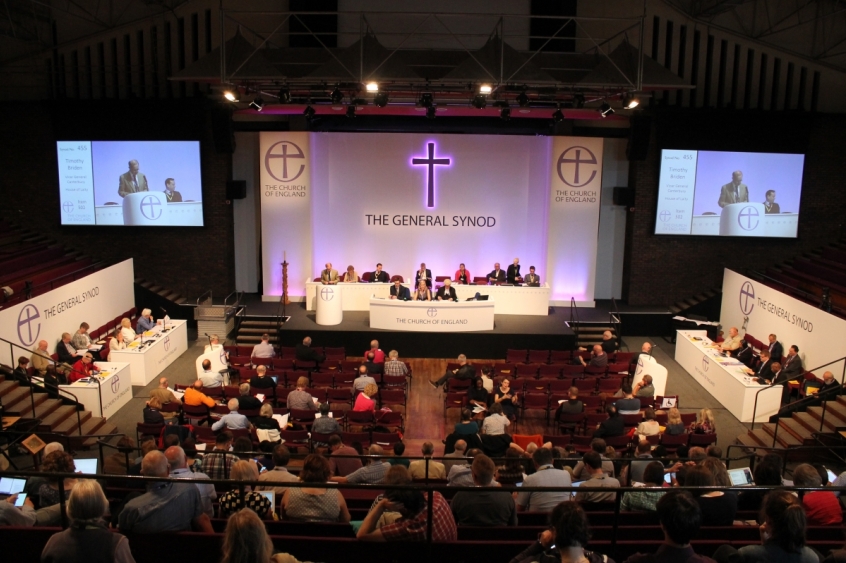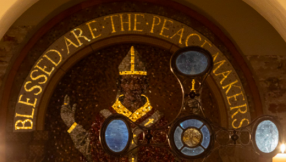The Church of England's ruling synod is set for a 'controversial' debate moving towards ending a 200-year-old schism with the Methodists.
The two Churches split in the 18th century when John Wesley, a CofE cleric, reluctantly founded the breakaway movement after trying to reform Anglicanism.

Proposals to bring the two closer together are likely to face strong opposition from some when the next stage in a two-year long process is debated by the CofE's ruling General Synod next month.
The plans, if eventually implemented, would mean that ministers from one Church could practise in the other.
'Acceptance of the proposals would be a profound sign of reconciliation, a healing of wounds that go back to the orgins of Methodism in the 18th century,' Christopher Cocksworth, the Bishop of Coventry and chair of the CofE's faith and order commission, said in a briefing document published on Friday.
'The generosity asked of both churches would speak powerfully of a desire for the flourishing in unity and witness of the whole Church of God, and not first and foremost the entrenchment of our own institutions,' he added.
If approved it would represent a hugely significant step for both churches.
However the CofE's top civil servant, William Nye, warned the debate would be 'controversial' for some.
The particular difference between the two lies around their understanding of how churches should be led. Anglican churches operate under an episcopal model with bishops seen as following on from the apostles, as the Church's leaders. As bishops consecrate more bishops and ordain new clergy, the 'apostolic succession' continues.
However Methodists do not accept the idea of 'apostolic succession' in the Anglican sense. Were Anglicans to accept Methodist ministers they would have to be ordained to fit into the 'apostolic succession'.
Under the proposals an Anglican bishop would take part in ordaining new Methodist ministers but existing Methodist presbyters would not have to be re-ordained – a point the CofE's bishops consider a 'bearable anomaly'.
If agreed, the proposals would allow churches to join forces particularly in areas 'where there are serious challenges in sustaining a Christian presence', the briefing said.













